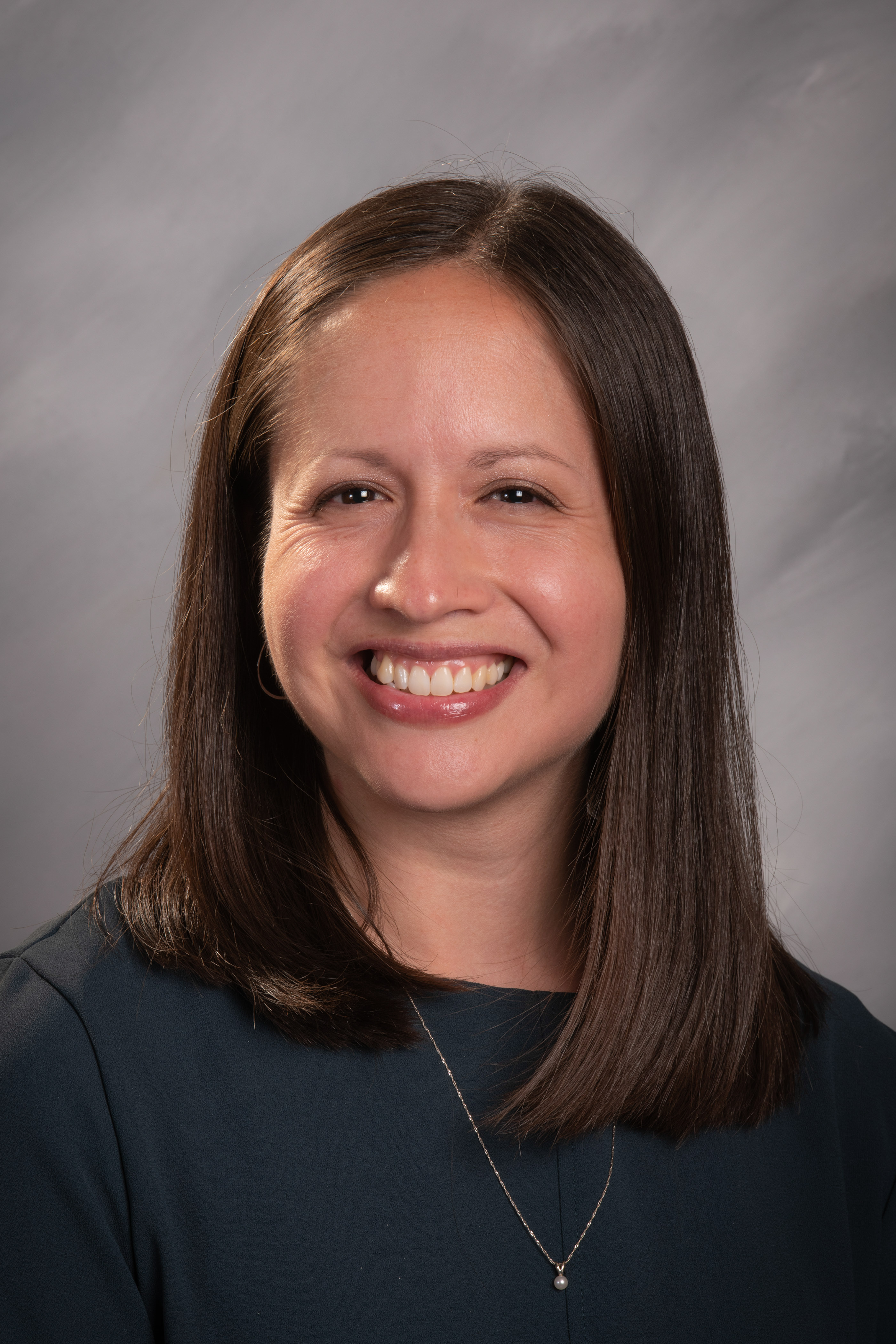Strategic approaches to student success: The Academic Standing Project
By Maria O'Connell, University Innovation Alliance fellow, Undergraduate Student Success Strategic Initiatives manager, Office of Undergraduate Education
 As a first-generation college student, navigating higher education was both exciting and daunting. The unfamiliarity of the U.S. college system brought significant pressure to me and my family, but it also motivated me to seek out resources like tutoring and office hours to ensure my success. I was fortunate to form a community in college that supported me and helped me to find my stride. This community included mentors, advisors, and friends who helped me overcome the challenges I faced. I quickly understood that earning a college degree would be transformative not only for me but also for my family and future generations.
As a first-generation college student, navigating higher education was both exciting and daunting. The unfamiliarity of the U.S. college system brought significant pressure to me and my family, but it also motivated me to seek out resources like tutoring and office hours to ensure my success. I was fortunate to form a community in college that supported me and helped me to find my stride. This community included mentors, advisors, and friends who helped me overcome the challenges I faced. I quickly understood that earning a college degree would be transformative not only for me but also for my family and future generations.
This personal experience ignited my passion for working in higher education. In my role as an academic advisor, I witnessed firsthand the pressures and uncertainties students encounter. It was deeply rewarding to help guide them toward resources, celebrate their academic achievements, and support their future endeavors through mentorship and recommendation letters. In this role at my previous institution, I also had the opportunity to lead end-of-term processing for probation and suspension for one of our colleges. I approached the role with empathy and a student-centered mindset.
Collaborating with department chairs, program directors, and college leadership, I carefully reviewed and issued probation and suspension notices, fully aware of the emotional impact these messages carried. I focused on helping students understand that a single setback did not define their academic journey and worked to connect them with support systems and strategies to help them reach their educational success goals.
This experience shaped my approach to student success, particularly for those working to overcome academic hurdles and transitions. It is one of the reasons I am excited to serve as the project management lead for the Academic Standing Project. This initiative aims to improve institutional efforts around academic probation and identify outreach strategies for students with GPAs between 2.0 and 2.5—a critical group that can benefit from early intervention and tailored support.
The project is a collaborative effort that will be led by the University Advising Leads (UAL) and includes representatives from various colleges and units across campus. These participants bring expertise from areas including advising, retention, institutional research, financial aid, the Registrar's Office, and many other roles focused on undergraduate student success. This diverse representation ensures a comprehensive, coordinated approach.
Our work will be organized into three key working groups: Academic Standing for Undergraduate Students (ASUS) Policy and Procedure, Early Warning, and Monitored Intervention and Outreach. Our goal is to finalize recommendations by the end of spring 2025, with implementation planned for the 2025-2026 academic year, with meetings starting in December 2024. This timeline reflects our commitment to thoughtful, collaborative planning that will produce tangible results towards student success.
We recognize that significant work has already been done to support students in these areas, and we are dedicated to learning from and building upon those efforts. Our aim is not to reinvent the wheel, but to enhance and coordinate existing strategies to maximize their impact.
I look forward to collaborating with colleagues across colleges and units to create a more supportive environment for students at MSU. Together, we can help foster a student focused campus culture that empowers students to thrive at MSU and beyond.